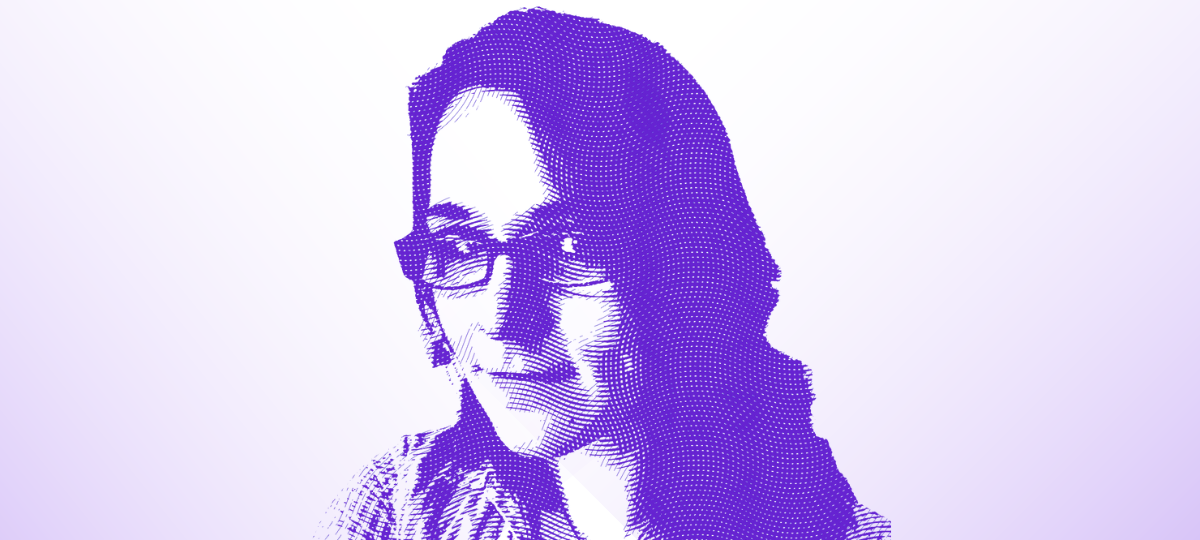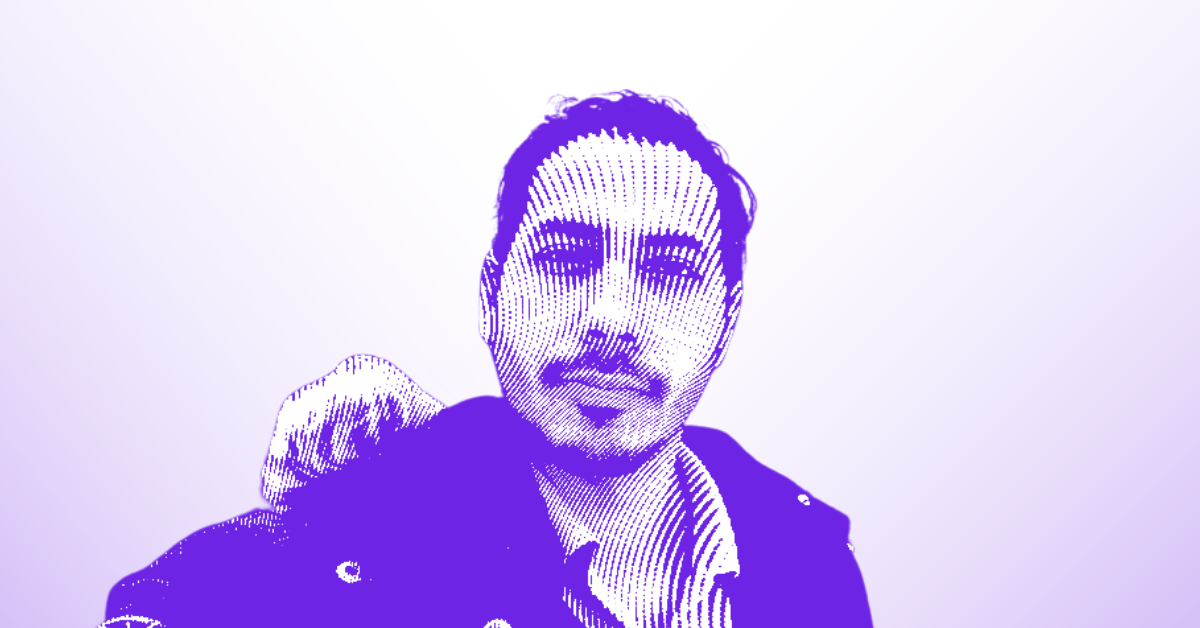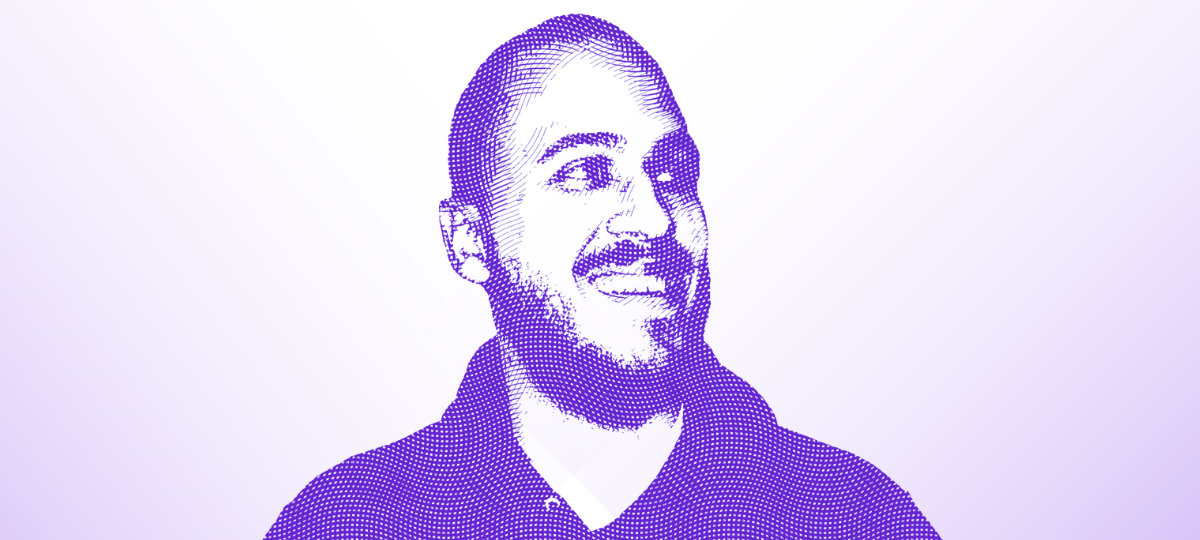
While many X-Teamers game, it's not often that we have a pro gamer in our midst. But full-stack developer Arthur Andrade played as a pro for several years in both Rainbow Six Siege (RS) and Smite, a free-to-play third-person online battle arena. We spoke with Arthur to better understand what being a pro gamer was like.
Arthur, how did you end up playing as a pro in both RS and Smite?
Smite, because I played the game since its really early stages and because I already had lots of experience with MOBAs (DotA and LoL specifically). The MOBA basics and strategies translate very well to Smite, but the game still had a really unique feel to it because of its third-person perspective.
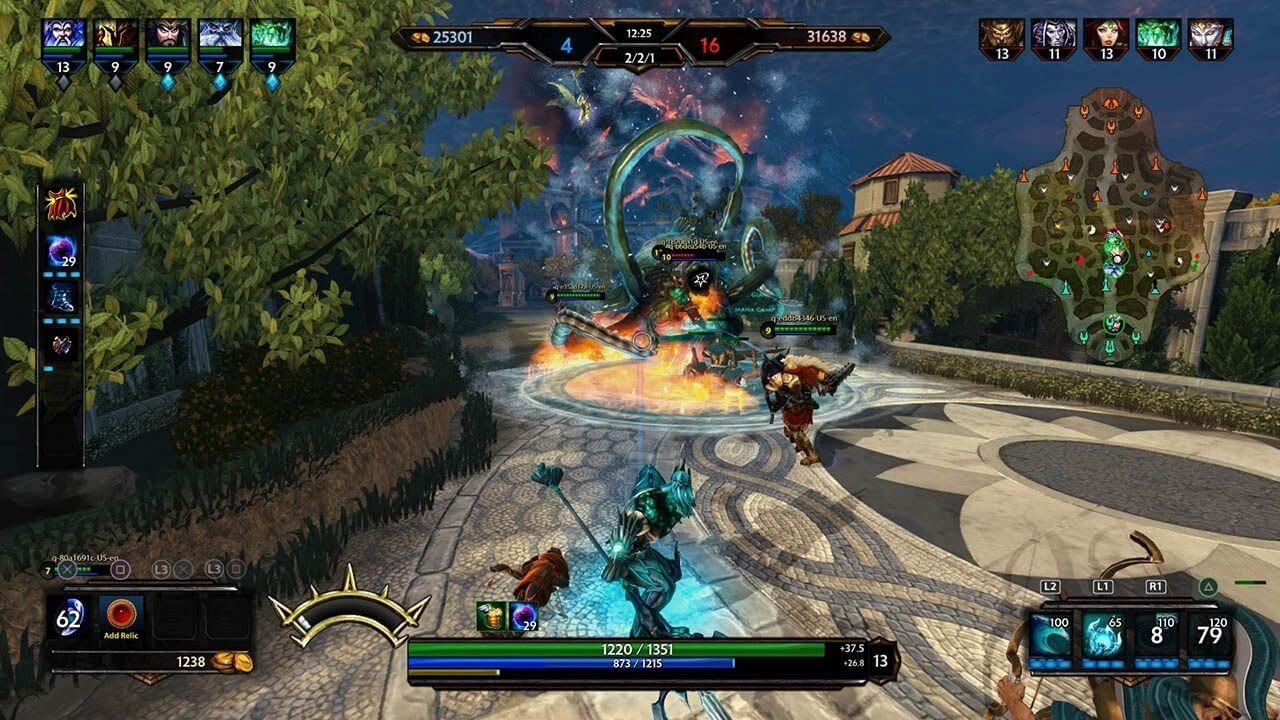
Rainbow Six, because it's a really strategic shooter. I was always more analytical than I was mechanical. That's why I decided to give RS a shot (no pun intended) over any other shooter. It's quite strategic and doesn't fully purely on razor-sharp reflexes.
How did you move from being a casual player to being a pro?
That happened quite naturally for both games. I'm pretty competitive in anything I do, so I started playing ranked whenever that became possible in both games. But you don't just become a pro by playing ranked.
You need to know someone who's already in the pro league (as I did for RS) or have good friends who are already highly ranked (as I did for Smite). You want to be seen with the pro players or have a full team that can play at a really high level.
That's surprising! What if you rank very highly? In the 0.1%. Are there no clans that would pick you up?
There are. It's pretty common to see the best-ranked players invited to some team in most games, but that's not enough to be accepted into those teams. You need to be a team player and a good communicator too.
That's why it's so important to know another pro player. When you play with them, they can evaluate your social skills and invite you to their pro team.
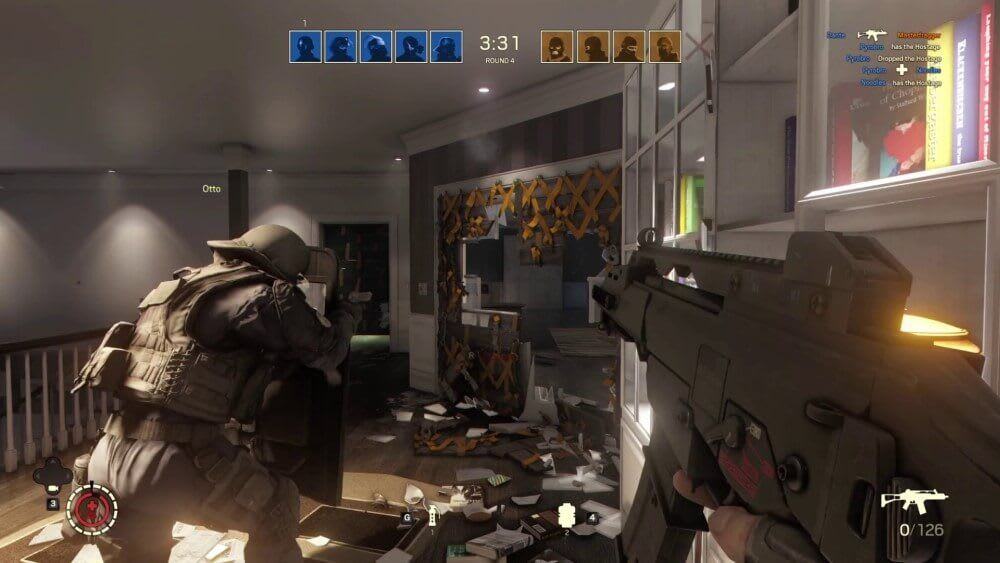
Makes sense. Tell us about your biggest accomplishments as a pro player.
I won three championships in Smite, of which two with my team and one playing solo. I played local championships as part of my university team in RS. We placed quite well in a major tournament. Here are the championships I participated in:
Smite:
- The Brazil Regional Tournament (hosted by LevelUp)
- The Brazil Game Arena Tournament
- The Smite Joust League (solo)
RS:
- Federal E-Sports (hosted y UFMG e-sports)
How many people would be in those tournaments? Was there an audience watching, as you see in the big esports tournaments?
There was an audience, but not like in the big esports tournaments. Still, it could get pretty crowded. Some events in Brazil had universities play against one another, and those events often had 15,000 people watching. They had great energy.
Incredible! How do you train to get better at either game? What was your secret sauce?
I was really methodical and disciplined, which you really need to be when you want to go pro. You need to identify what your strengths and weaknesses are. Your weaknesses, in particular.
For a shooter like RS, you'll need to deal with the mechanical aspects if you're not the team captain or play-caller. With this, I mean your aim and/or your movement. I had to improve both, so this is what I practiced:
- My aim/flicker reflex. You can use empty lobbies for that or specific websites that help train your reflexes.
- My movement speed. For example, practicing 180 and 360 spins that stop at the correct place.
- My knowledge of the map. Find choke points, good places to put cameras, where you can put traps, and how you can interact with the environment.
I trained hard, but I also changed how I played to make my weaknesses less visible. For example, I'd usually be the person setting up defense and protecting the objective. This meant that trappers and information-gatherers were my go-to's.
On Smite, I was also the one calling the shots, because I used to be in the middle lane. So part of my training on Smite was tracking enemies on the map without leaving mid, as well as controlling the pace of the game.
Sounds intense. How many hours a day would you train?
I usually trained eight hours a day. I've also been to fourteen pre-tournaments, which is an intense kind of training where you sit inside one of your teammates' houses to train together for hours on end.
You mentioned that you use your left hand to control the mouse?
Yes, although I'm ambidextrous, for some reason I started using the computer with the mouse on the left side. The key point, however, is that I don't invert the mouse. So the index finger of my left hand is clicking the left button of the mouse. That meant I had to come up with a unique way of playing, particularly for shooters, as I use my thumb to right-click.
It's also difficult for my opponents in local tournaments, who get confused because I play this way. They even asked me to change seats sometimes 😀


I can imagine. That's a really unique way of using the mouse. Why did you stop playing pro?
Pro players dedicate a lot of their time to getting better. That's okay when you're young. But when you start going to university, it's harder to put that much time in gaming. At first, I became the strategist of my teams, but eventually I left completely.
The other aspect is that games are a way for me to de-stress. But I was really pushing myself to my limits in my final few years as a pro. It wasn't fun anymore. So I quit.
Fair enough. It's a story you often hear with pro gamers. As a final question, what games do you enjoy most today?
A few games of different genres:
- FPS: Rainbow Six and Call of Duty: Warzone
- MOBA: DotA 2 and Smite
- MMORPG: Elder Scrolls Online and Guild Wars 2
- Misc: Planet Coaster and Anno
All great games. Thank you very much, Arthur!
TABLE OF CONTENTS
